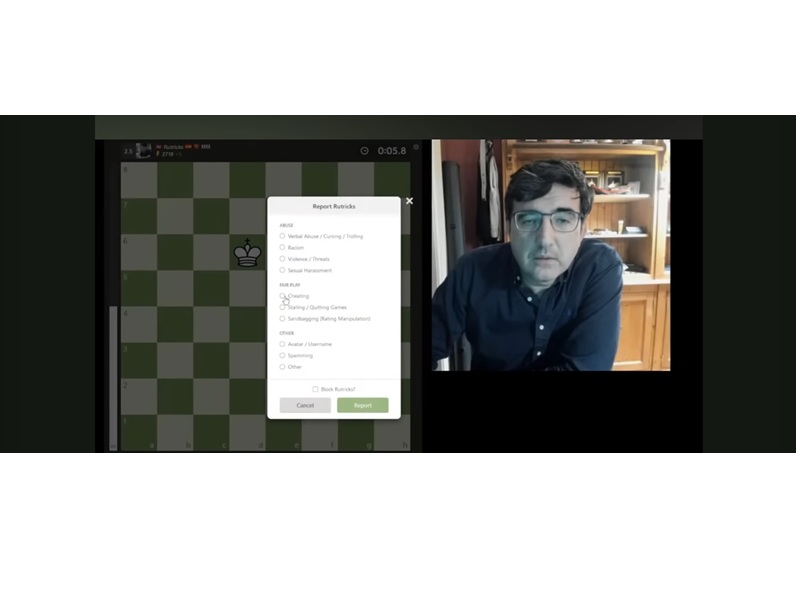The Peter Schiff of Chess: Why Vladimir Kramnik’s Crusade Will Be Remembered as His Downfall
The Fall of a Legend: Daniel Naroditsky, Vladimir Kramnik, and the Tragic Divide in Modern Chess
NIA’s President is an avid chess enthusiast and deeply saddened by the loss of legendary grandmaster Daniel Naroditsky, whose passing has shaken the chess community. The false allegations made by former World Champion Vladimir Kramnik left a lasting emotional toll on one of the most beloved figures in modern chess.
Our President had the privilege of meeting Daniel once—at a Hornets vs. Warriors game—and was struck by how down-to-earth and kind he was. Daniel had an extraordinary ability to make chess accessible, relatable, and exciting for America’s youth. More than anyone else, he helped make chess great again, inspiring a generation to think critically rather than merely follow trends.

From Chessboards to Keyboards: The Cultural Shift
Unfortunately, many of today’s youth have abandoned intellectual pursuits like chess in favor of mind-numbing distractions. Instead of calculating tactics and endgames, they spend hours watching Twitch streamers play Counter-Strike 2 (CS2)—a game so addictive it convinces players that owning digital “skins” is a better investment than gold.
In CS2, cosmetic weapon “skins” alter the texture or color of your virtual guns, knives, or gloves. A standard AK-47 might have a simple wooden finish—but apply a Redline skin, and suddenly it’s sleek black-and-red. The price? Around $50 for a Battle-Scarred (BS) version, or a staggering $1,000 for a Factory New (FN) version, even though the gun’s performance doesn’t change at all. It’s purely cosmetic—bragging rights disguised as value.
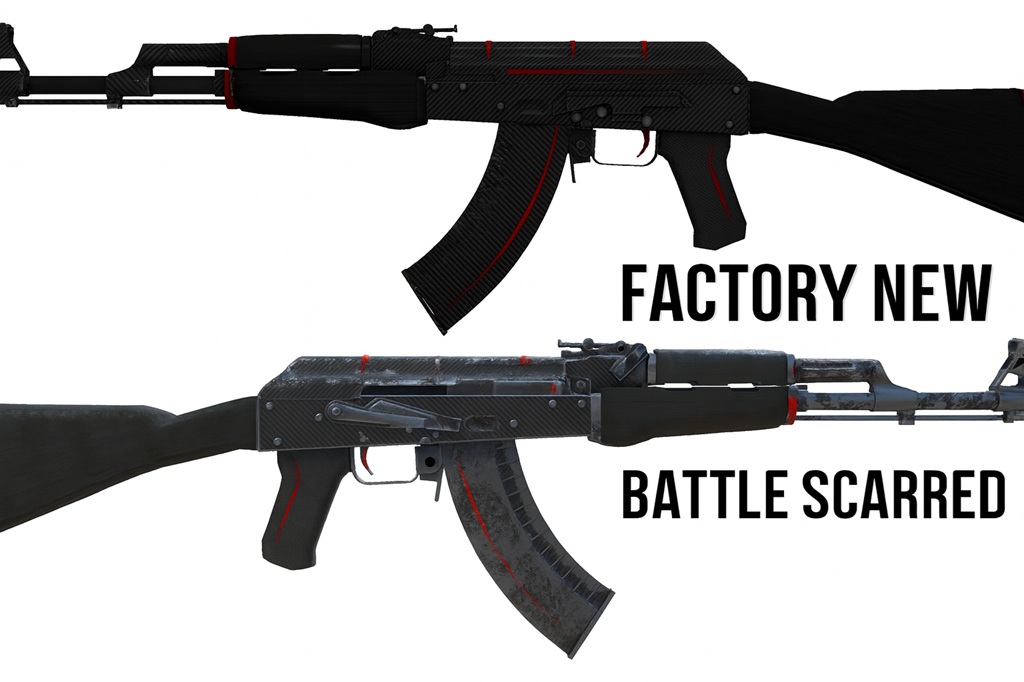
The psychology behind this parallels the collectibles market. A Bo Bichette 2020 Topps Gypsy Queen Autographs Bazooka Back Rookie Card might fetch $1,500 when graded Gem Mint 10, but only $75 as a PSA 6. That difference reflects real scarcity and condition. But how can a digital gun texture justify a 20x premium just because it looks slightly cleaner on-screen?
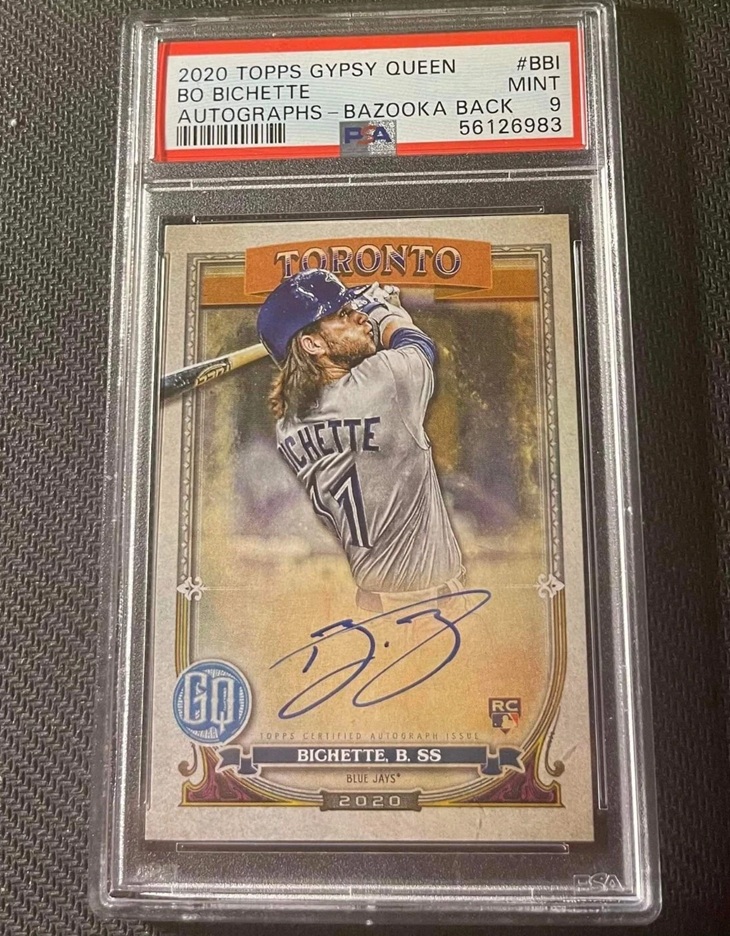
The Valve Update That Shook a Digital Economy
Valve Corporation’s recent update to CS2’s economy caused an industry-wide shockwave. The rule change allows players to trade five Covert (Red) skins for a gold-tier knife or glove—down from ten previously.
“Redline” skins, however, belong to the Classified (Pink) tier, which still requires ten Pinks to create one Red. That means acquiring an FN knife now takes around 50 FN Pinks, or roughly $50,000—down from $100,000 pre-update. Some of these knives once sold for over $1.5 million, particularly the ultra-rare #387 Blue Gem pattern.

This change caused a 50% crash in the CS2 skins market—wiping an estimated $3 billion off its collective market cap. Many “investors” were highly leveraged, having mortgaged homes, maxed out credit cards, or even used student loans to speculate on skins—believing they would skyrocket like Bored Ape NFTs before those fell 95%+ from their peaks.
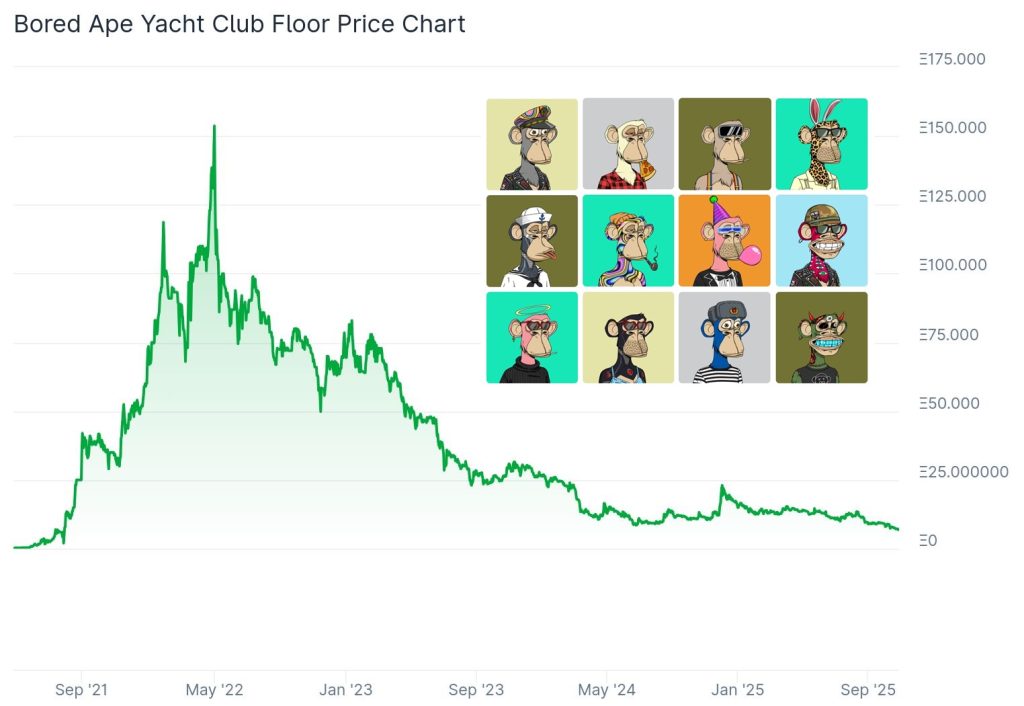
Daniel Naroditsky: The Anti-Trendsetter
Daniel Naroditsky chose a different path. While most streamers chased quick fame in first-person shooters, Daniel built a following through intellect and empathy. He transformed online chess into a phenomenon—streaming games that inspired millions to think critically, learn strategy, and embrace mental discipline.
In a world obsessed with virtual vanity, Daniel represented substance. He helped young people believe that thinking could still be cool.
The Tragedy of Kramnik’s Crusade
Former World Champion Vladimir Kramnik, once a universally respected figure, has become increasingly erratic. His reputation has devolved into a cycle of baseless accusations and paranoia. When Kramnik wins, he says, “Great game.” But when he loses, it’s, “This is not human play… 100% sure. Let’s start the process. Okay, now he’s blocked. Now submitting complaint for cheating. Done.”
Sometimes he adds, “I’m convinced he’s using assistance—the moves are too precise.” At other times, he vents, “This is not normal chess… nobody would think to make that move.”
These obsessive tirades mirror the behavior of figures like Peter Schiff who desperately try to stay relevant by manufacturing controversy. The resemblance is uncanny.
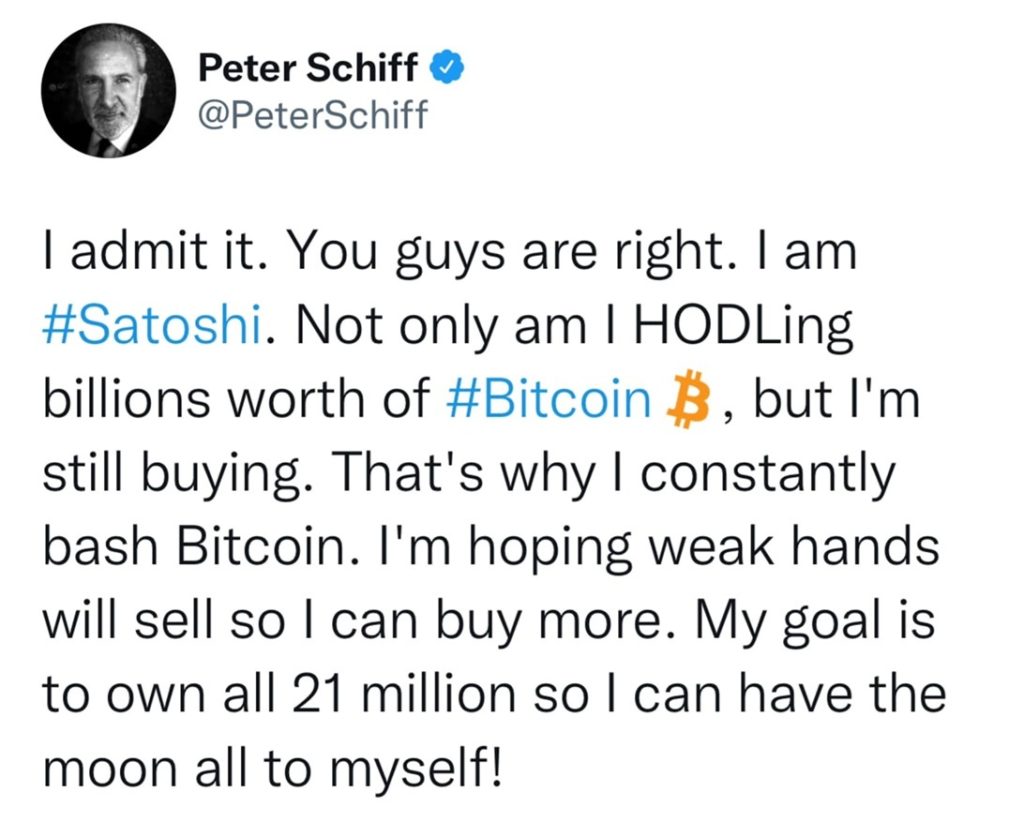
A Legacy That Lives On
Kramnik was once Daniel’s hero. Inspired by his brilliance, Naroditsky devoted his life to giving back to the chess world, teaching children, and growing the community. To see his idol turn on him so viciously—without evidence—was devastating. Those who knew Daniel say that Kramnik’s relentless public accusations weighed heavily on his mental health.
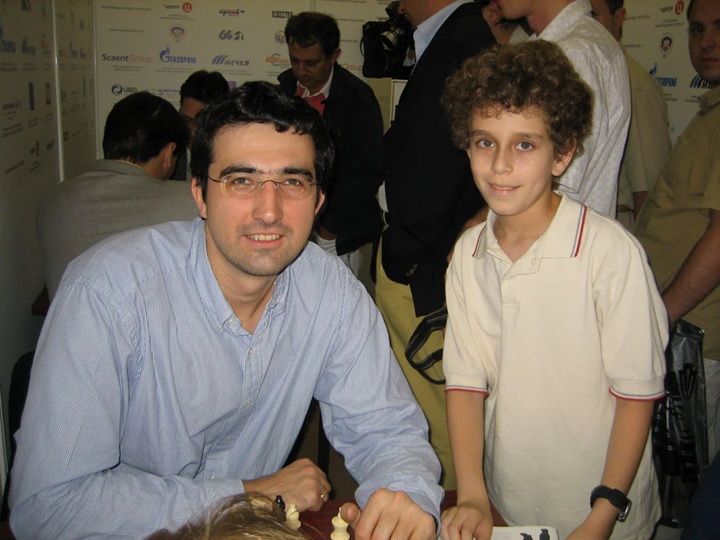
In the brief moment NIA’s President met Daniel, his charisma and humility were unmistakable. He was a bright light—an educator, an innovator, and a symbol of how one person could make an ancient game feel new again.
NIA Recommends Watching These Videos
If you want to understand the tragedy in full, Dr. Todd Grande has released a thoughtful analysis of the situation. While Dr. Grande strives for balance, we believe he gave Kramnik far more credit than he deserves. Yes, cheating exists in online chess—but Daniel Naroditsky was a proven over-the-board grandmaster, admired at the Charlotte Chess Center and beloved by his students and fans alike.
Vladimir Kramnik’s campaign of attacks—void of evidence—was nothing more than a desperate attempt to stay relevant in an era that had long since moved on.
We have posted below Dr. Todd Grande’s analysis along with a 10-minute video of Kramnik reporting and blocking masters after losing games of chess.
